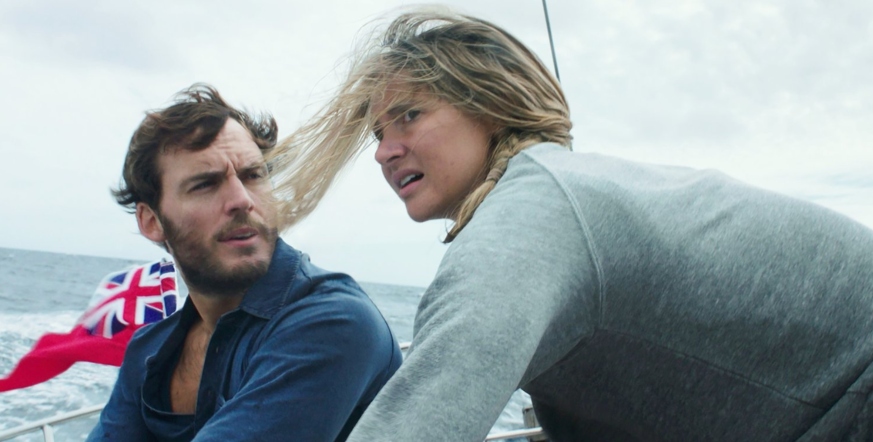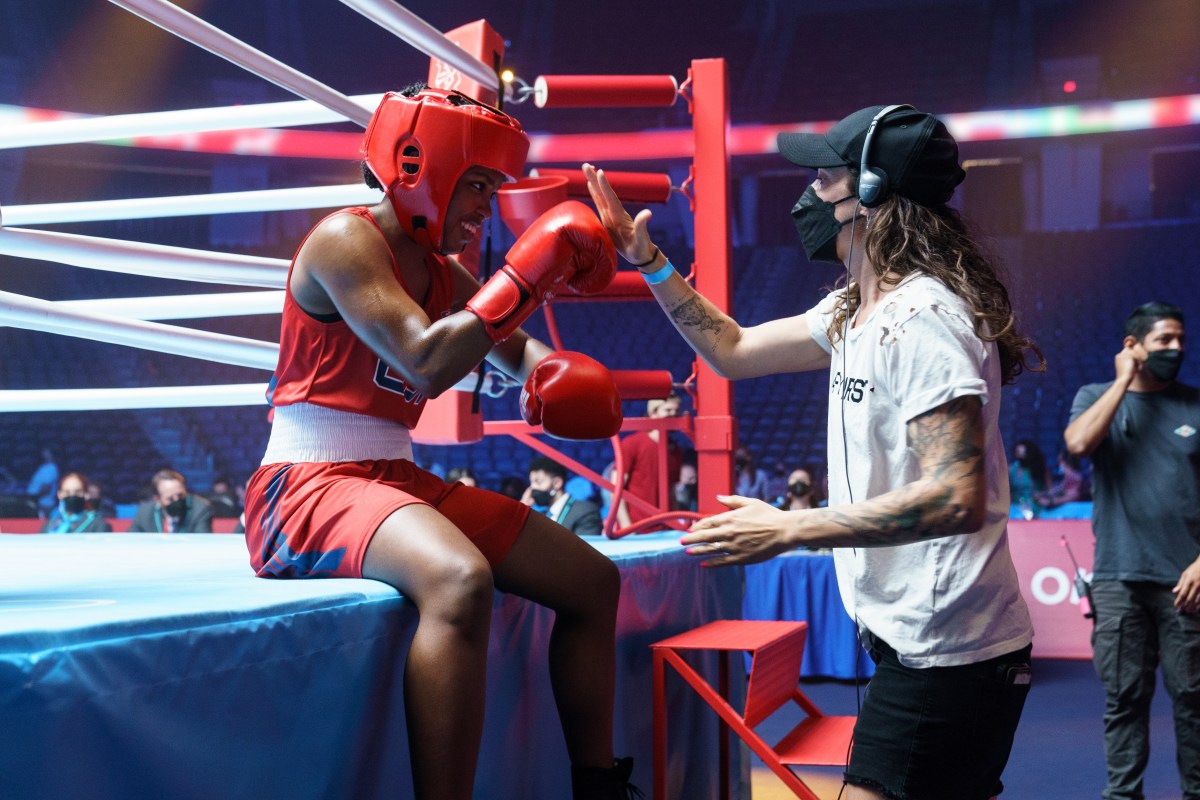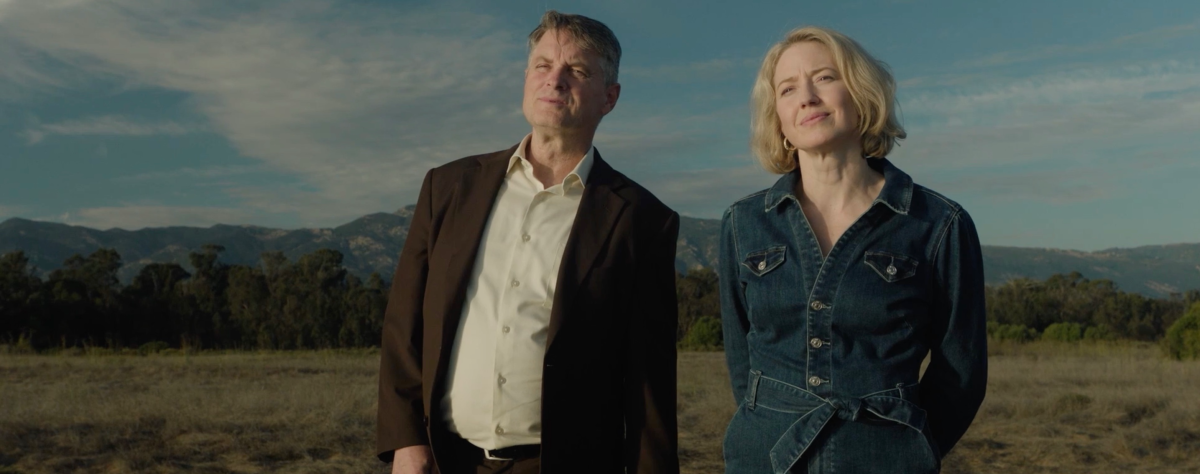WARNING: The following article reveals some huge SPOILERS for Adrift. If you haven’t seen the film then please bookmark this page, watch the survival drama, and then return to read through what director Baltasar Kormákur has to say.
The ending of “Adrift” provides a tidal wave of emotions.
At first you are distraught to learn that Richard Sharp (Sam Claflin) actually died during 1983’s Hurricane Raymond. Then you’re worried to learn that Tami (Shailene Woodley)’s interactions with Richard throughout the film have actually just been a figment of her mind.
Finally, you’re overjoyed to learn that Tami has miraculously navigated the boat through the Pacific Ocean to Hawaii over the last 41 days, despite haveing scant food or water and no power or navigational tools.
But while this journey and story obviously appealed to Kormákur, the Icelandic director revealed that one of the main reasons that he decided to oversee “Adrift” was Tami herself. Not just because he found her to be amazing, but because he realized that the storytelling device of her being spurred on to survival by her imagination genuinely happened.
“Tami amazed me. I read her book. I realized that the device of the movie is actually based on real emotions. When I read the script, I liked it, but I didn’t know where it came from. So realizing that is actually what happened, not in exactly the same way as the film, she wasn’t really talking to him the whole way through, was important. “
That’s also why Kormákur included a newspaper clipping at the end of the film, where Oldham opened up about speaking to the figment of her imagination while she was stranded.
“I thought it was important to show that we didn’t make that up. With it, I wanted to give the audience a perspective while still making it cinematic.“
“Every sailor I talked to, after a certain amount of time, they start seeing people. They start hallucinating. We are not made to be alone. There is something that happens in our psyche. That’s what I got from talking to lots of sailors. And talking to Tami.”
Creating a realistic feeling of being at sea was very important for Kormákur. “In the first shot you got from claustrophobia to agoraphobia in one shot. And that’s what it feels like.”
“If you’re inside the yacht you get claustrophobic, if you’re outside you get acrophobic. So there is no safe place to be.”
Of course, there’s still the fact that Kormákur withheld Richard’s death from the audience for much of “Adrift.” However, Kormákur went to great lengths to make sure that the film put us in Tami’s perspective, rather than tricking us.
“I show you in the first frame he is sinking. You are in her perspective, though. So you are thinking, ‘Did that really happen? Is it a dream?’ Because that’s exactly how she was. Then you want him to be alive for her. So your wish is granted. But then I take it away from you. I wanted you to be in her perspective throughout it all.”
There was one scene where Kormákur even showed the audience that Richard was no longer on the boat with Tami as she slowly made her way across the Pacific to Hawaii. “When she plays the guitar, I don’t know if you noticed this, but he isn’t behind her.”
“Eisenstein did a test, where you have the same face but you put different things in front of it and suddenly the face expresses a different emotion. Another thing I learned was that if you put one frame of a Coca Cola bottle in a movie, just one frame, it flashes, and you don’t even notice it, everyone will go and drink Coca Cola.”
“What I am doing with that scene, even though people don’t catch it, and I don’t necessarily want them to catch it, but something weird is going on. ‘He should have been there, but he’s not, maybe I missed something’.”
“He says, ‘I wish you’d never met me. You wouldn’t be in this positon.’ She says, ‘I wouldn’t change that for anything.’ Basically he is saying to her, ‘Let me go.’ But she says, ‘I am keeping you.’ She needs to keep him up until she decides to let him go.”
“That was important for me, because I am not pulling the rug from under you. I am offering you to be in a perspective. And then when I take you through the film it doesn’t feel like a cheat. It feels like a more brutal and realistic portrayal of her being out at sea.”
“I didn’t want the audience to feel betrayed. I wanted them to feel as though they have been in her psyche. That’s why it was so important for her to say, in that moment, ‘I have to let you go.’ Because she knows he is a figment of her imagination and not real. I think that’s what became important for me and Shailene.”
























